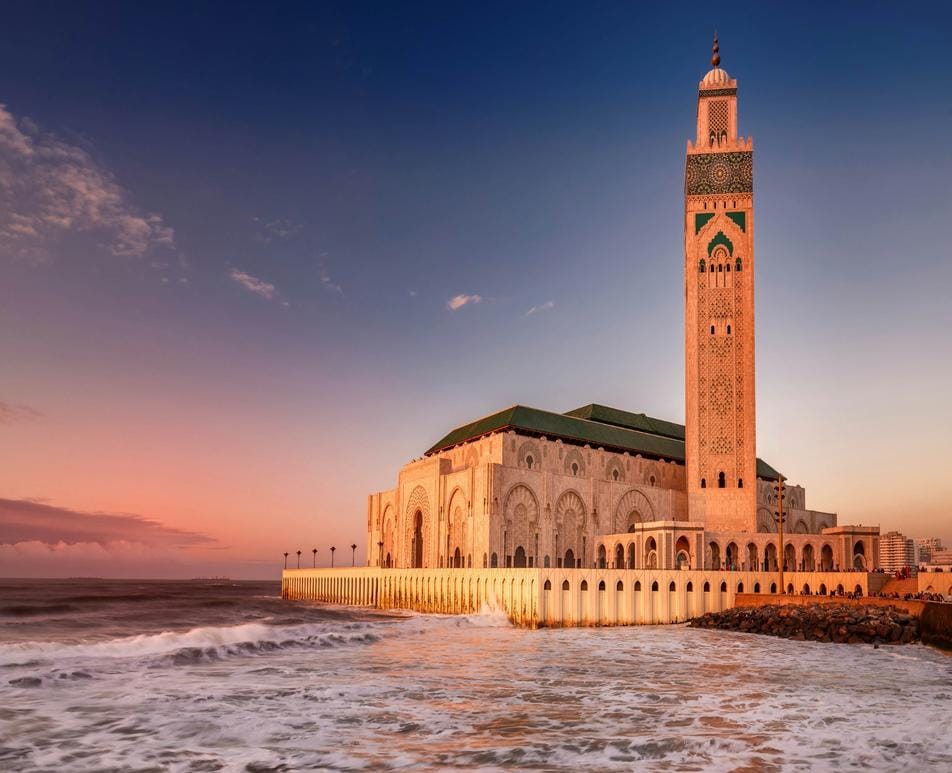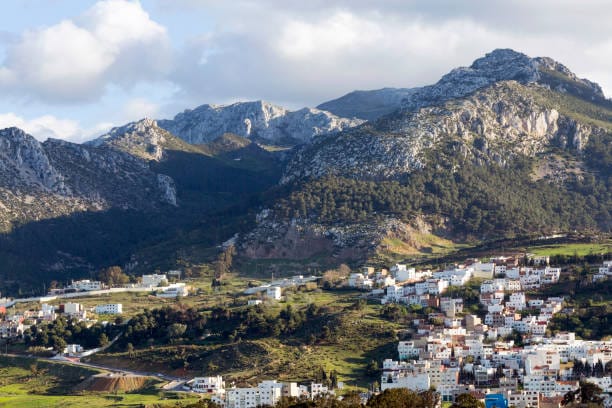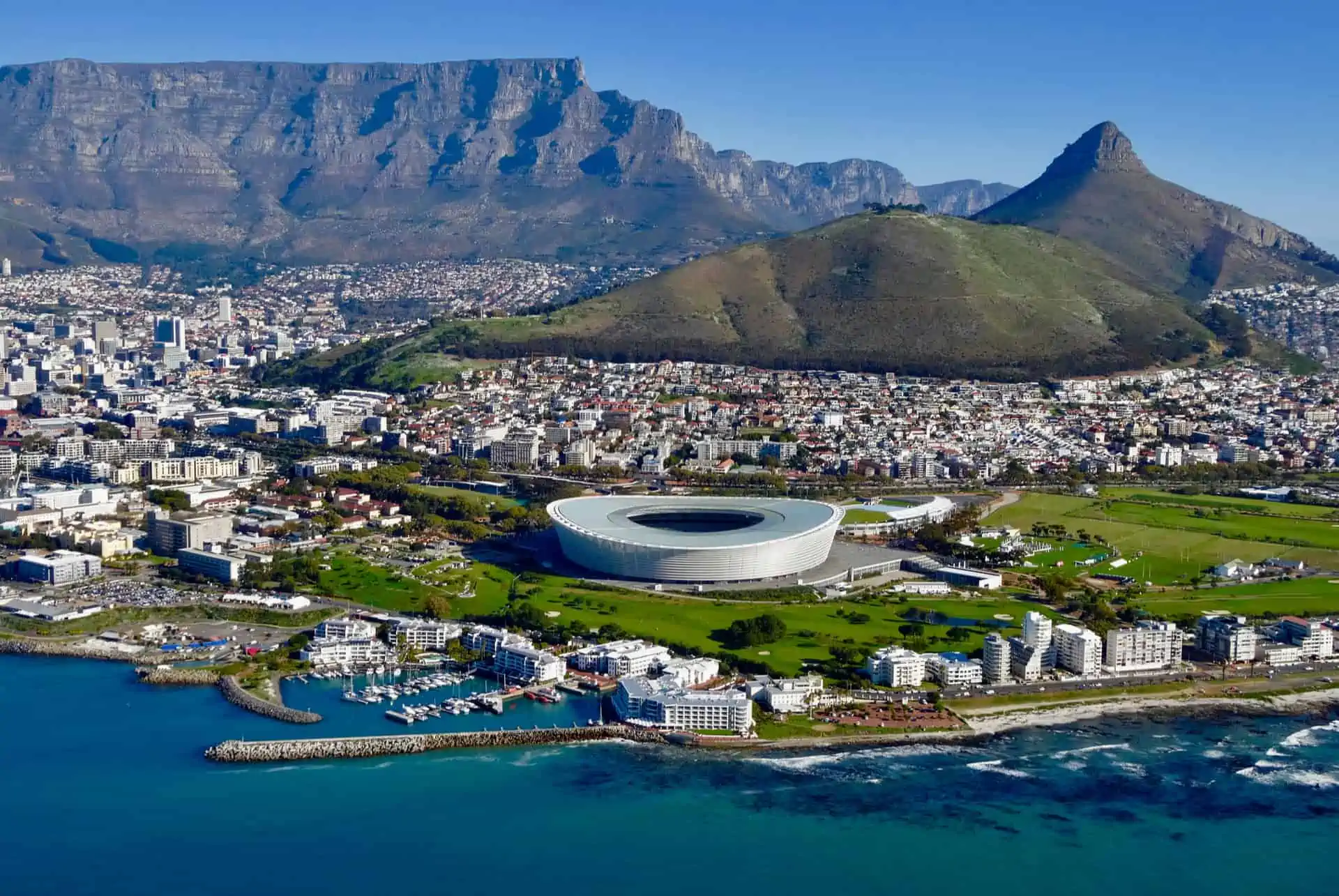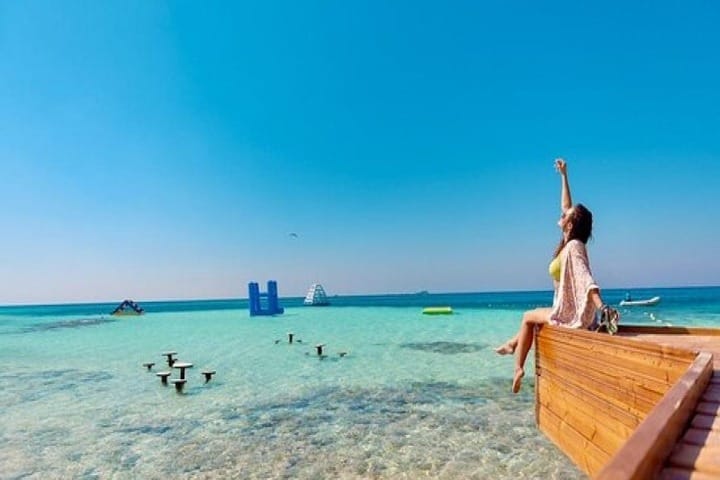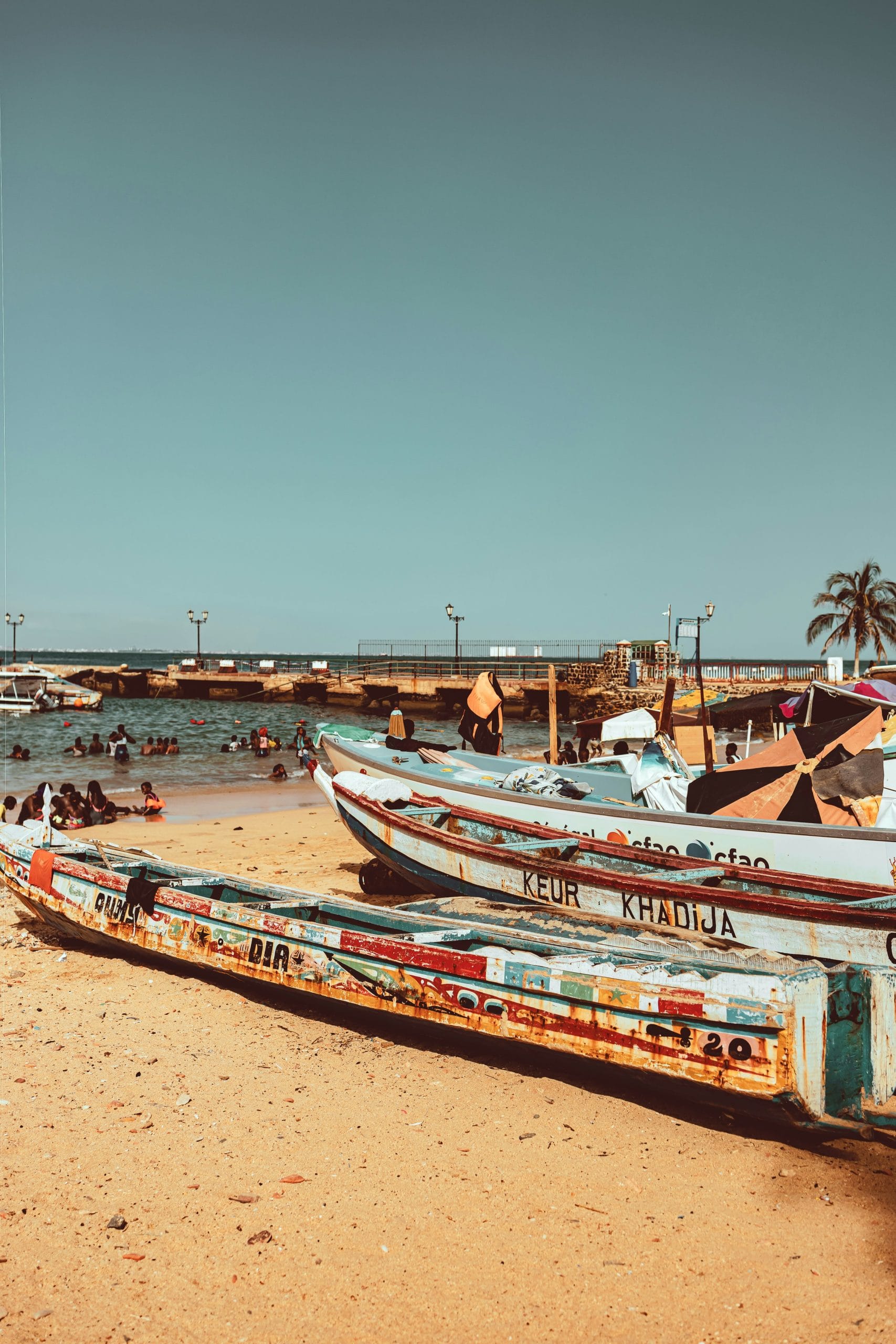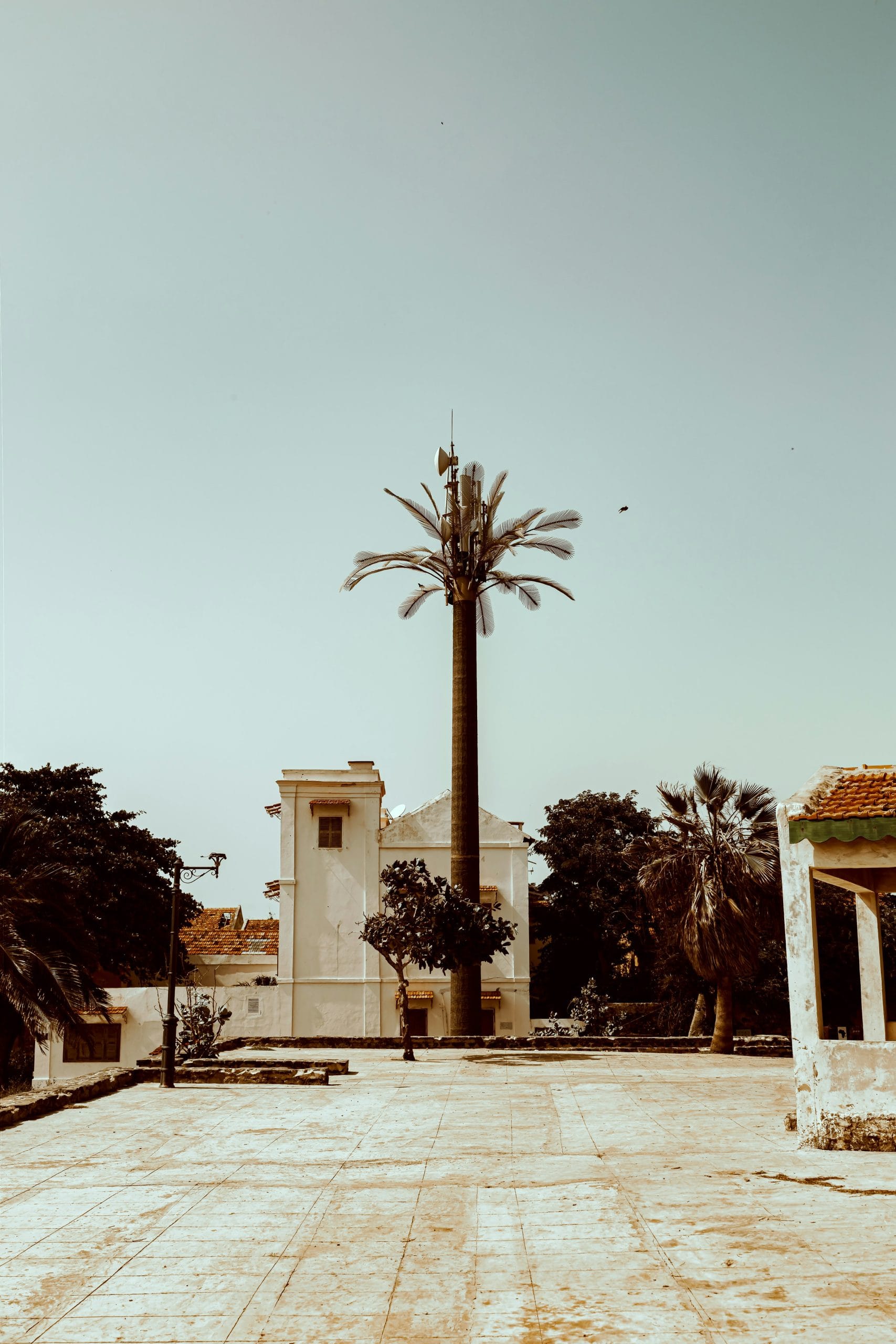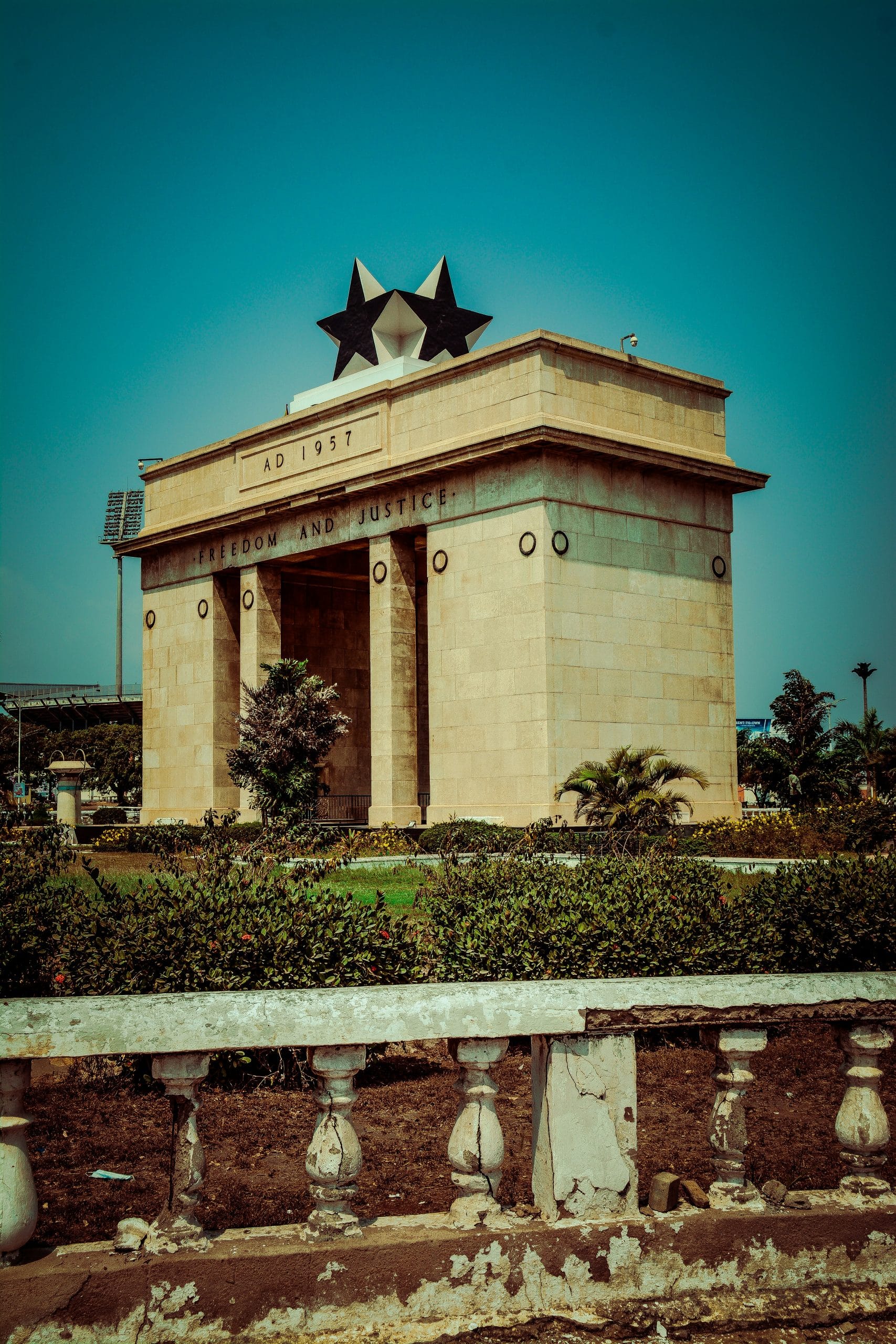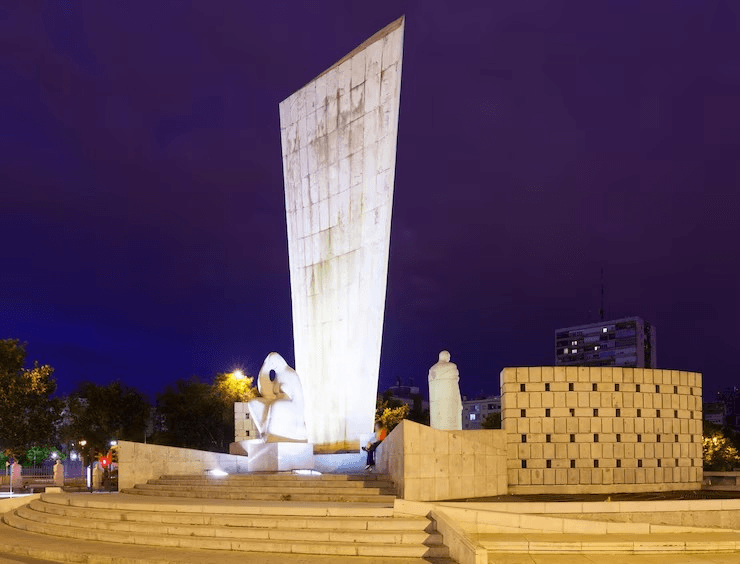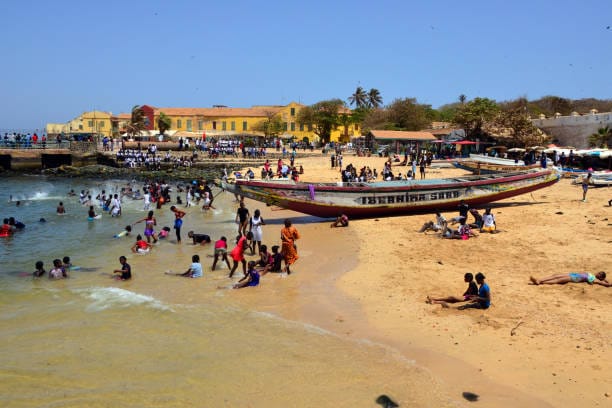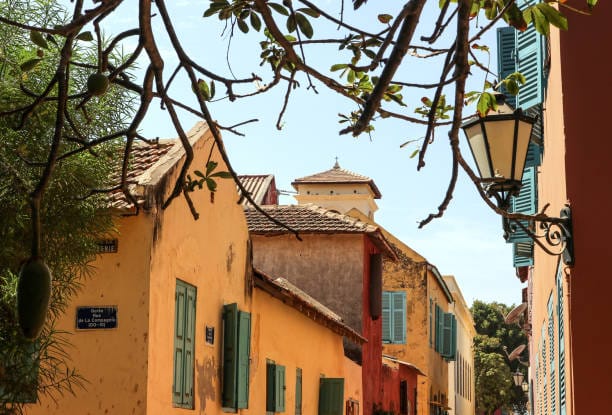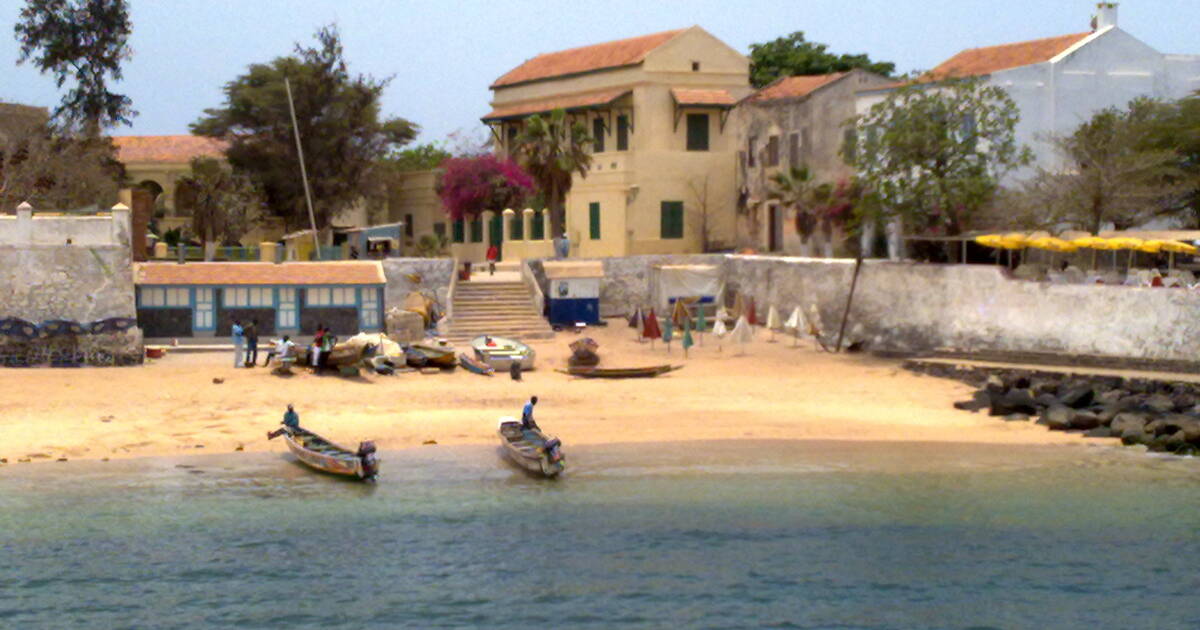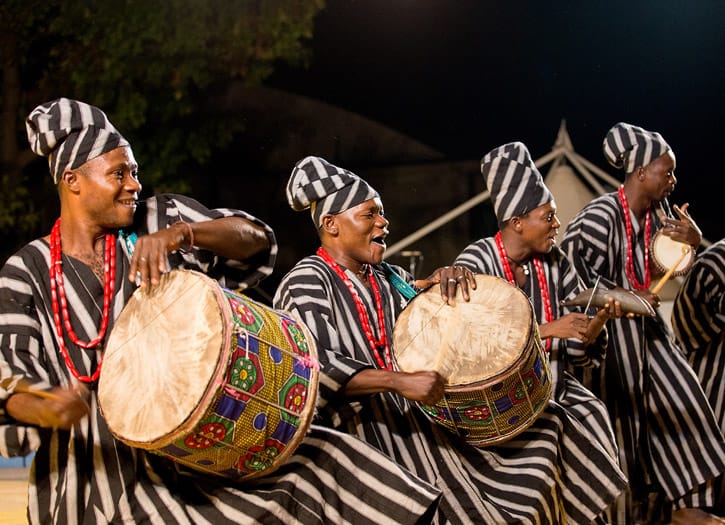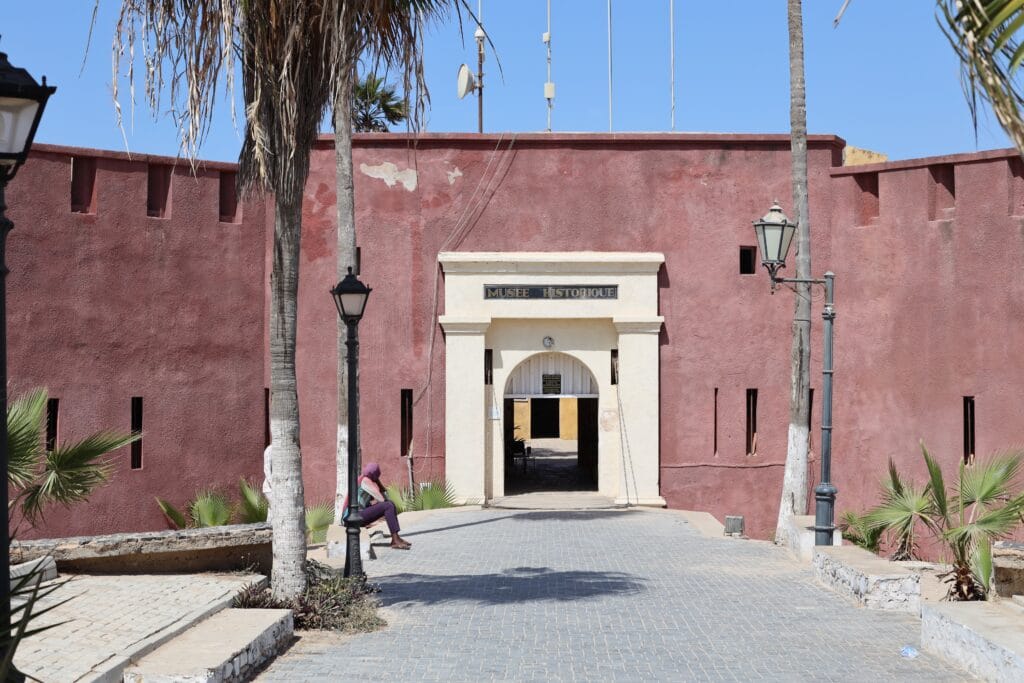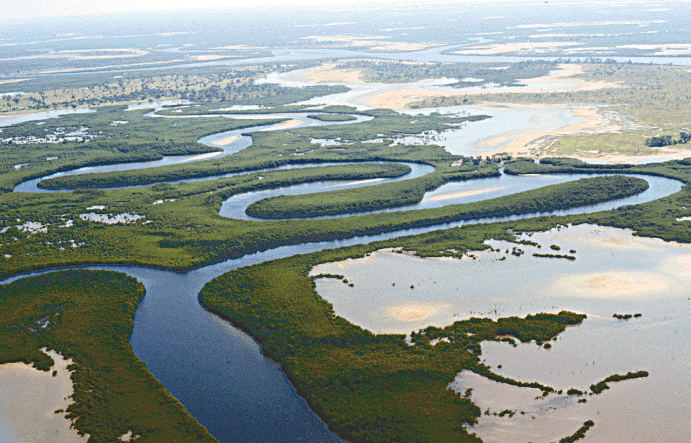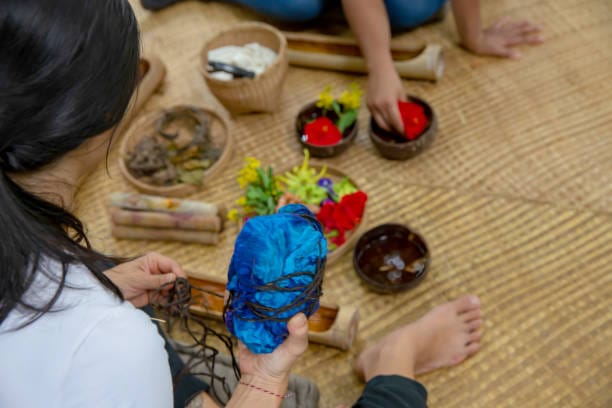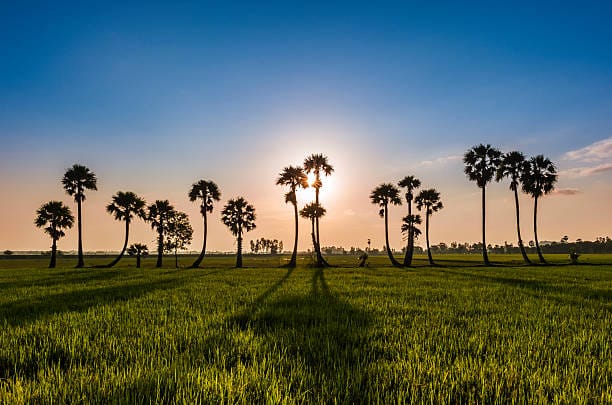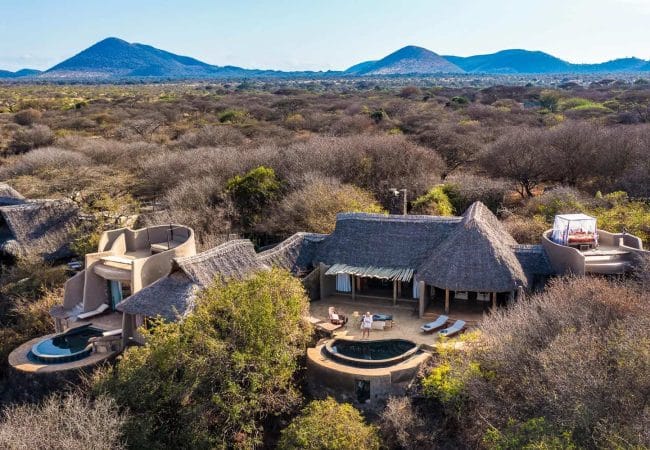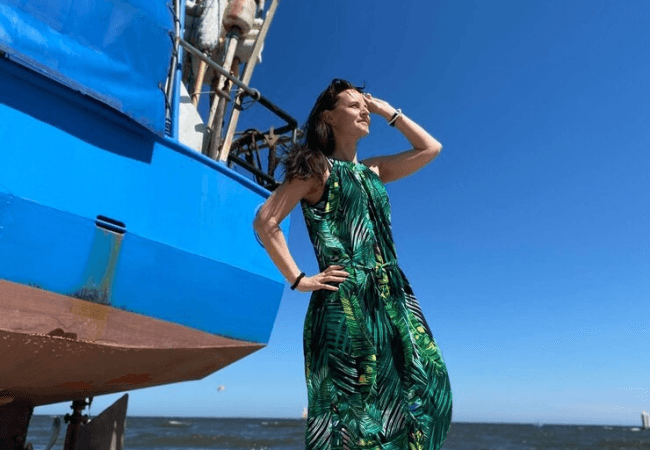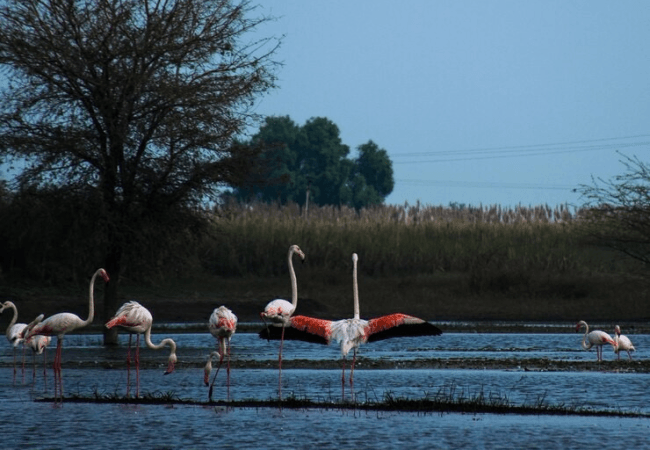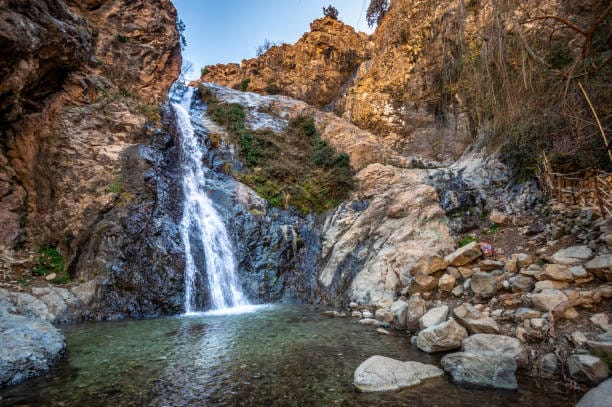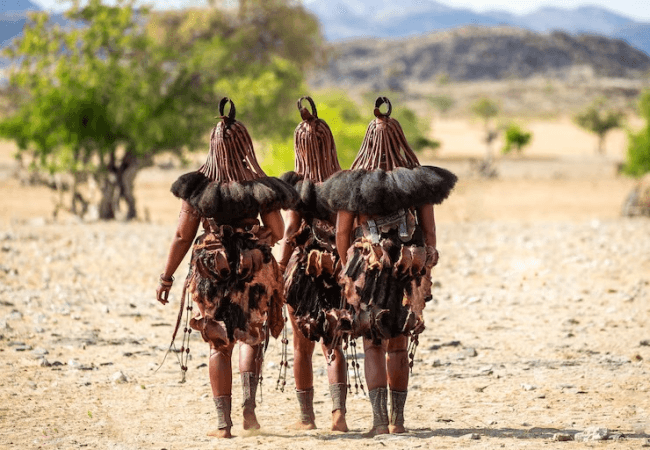Welcome to Senegal
Senegal is a beacon of stability, culture, and resilience in West Africa — a country rich in heritage, spiritual depth, and artistic expression. From powerful pre-colonial empires to its peaceful path to democracy, Senegal embraces its identity with pride and openness, offering visitors a true taste of Africa’s soul.
1. Ancient Kingdoms and Early Civilizations
Before European contact, Senegal was part of influential empires such as the Ghana, Mali, and especially the Wolof and Serer kingdoms. These societies developed elaborate systems of governance, vibrant oral traditions preserved by griots, and thriving trade networks across the Sahel and beyond.
2. Colonial Era and the Slave Trade
In the 15th century, Portuguese, Dutch, French, and British traders arrived on Senegal’s shores. The island of Gorée, just off Dakar, became a major center of the transatlantic slave trade. France eventually colonized Senegal, making it a key part of French West Africa. Colonial rule brought Western education but also political and economic exploitation.
3. Independence and the Rise of Democracy
Senegal achieved independence from France in 1960 under the leadership of Léopold Sédar Senghor, a renowned poet and philosopher who became the country’s first president. Senghor laid the foundation for a peaceful, multiparty democracy and promoted Négritude, a cultural movement celebrating African identity.
4. Political Stability and Cultural Strength
Unlike many post-colonial African nations, Senegal avoided coups and civil war. It is known for its political stability, peaceful transfers of power, and vibrant civic life. Its cities, like Dakar, are hubs of music, film, art, and intellectual discourse, especially within the francophone world.
5. Heritage, Religion, and Social Cohesion
Senegal is predominantly Muslim, with strong Sufi traditions, especially the Mouride brotherhood centered in Touba. Religion, however, coexists peacefully with diverse ethnic and religious groups. The values of Teranga — meaning hospitality — shape daily life and intercommunal harmony.
6. Modern Senegal
Today, Senegal shines as a cultural and economic leader in West Africa. From the beaches of Saly to the pink waters of Lake Retba, and the rhythms of ** mbalax** music to international fashion, it captivates visitors with its warmth and creativity. Though challenges like youth unemployment remain, Senegal continues to grow, guided by democratic principles, cultural pride, and the enduring spirit of its people.
Feel the Pulse of Senegal
Senegal is a captivating blend of coastal beauty, cultural richness, and warm hospitality — where golden beaches meet sacred cities, and centuries-old traditions live on through music, dance, and art. Often called the Gateway to Africa, Senegal welcomes you with open arms and unforgettable experiences that touch the soul.
From wandering the historical alleys of Gorée Island to dancing to the rhythms of mbalax in Dakar, or watching the sunset over the dunes of Lompoul, Senegal awakens your senses and leaves you with memories etched in the heart.
- Walk through the poignant history of the slave trade on Gorée Island
- Witness sacred traditions in Touba, heart of the Mouride brotherhood
- Relax on the beaches of Saly, Cap Skirring, or the Petite Côte
- Explore the pink waters of Lake Retba (Lac Rose)
- Discover wildlife in Niokolo-Koba National Park
- Experience the rhythm and energy of Dakar’s vibrant music scene

